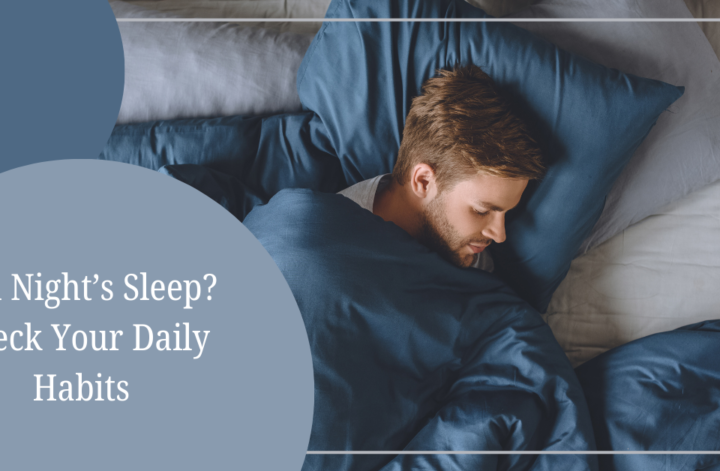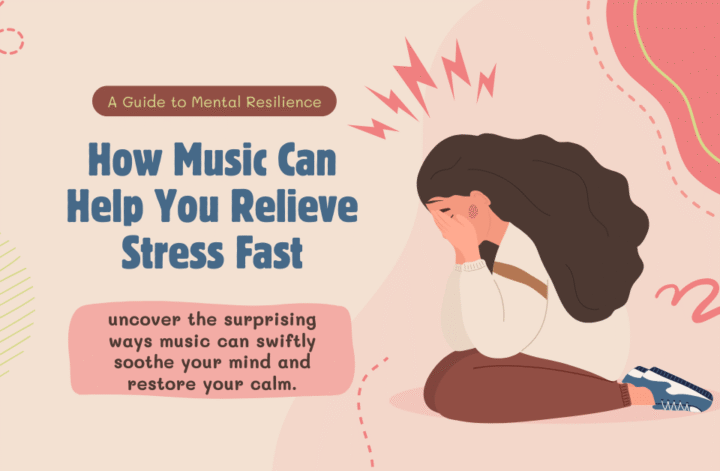Despite the importance of sleep in maintaining our health, many of us unintentionally engage in habits that impair our ability to sleep soundly. These detrimental habits, when neglected, can result in inadequate sleep and lasting health effects. It’s a good thing that we can learn about these behaviors and work towards improving the quality and duration of our sleep. The following are the most significant bad habits that should be disregarded and how they can be prevented to promote better sleep.
1. Using Screens Before Bed.
Blue Light’s influence is profound.
In the age of technology, it’s challenging to imagine a life without screens that requires frequent use of phones and tablets for various activities. The act of looking at screens before sleeping can disrupt your sleep cycle. Melatonin, the hormone that regulates sleep in humans, is disrupted by the blue light produced by phones, laptops, and TV sets.
Your sleep cycle may be disrupted due to decreased melatonin levels, which can make it difficult to fall asleep and result in poor-quality sleep. According to Dr. According to sleep expert Emily Grant, individuals who are exposed to blue light before sleeping may find it difficult to wind down at night. To achieve optimal sleep quality, it’s essential to develop a bedtime routine that minimizes screen time.
How to Avoid It:
It is recommended by experts to avoid screens for a period of 30 to 60 minutes before bedtime in order to combat this harmful habit. Switch up your screen time and engage in leisure activities such as reading, deep breathing, or meditation. Or try something else? “Night mode” settings on certain devices can decrease blue light exposure, but the most effective approach is to limit screen usage entirely.
2. Drinking Caffeine Too Late.
Caffeine’s Long-Lasting Effects.
The consumption of coffee or tea may help you wake up in the morning, but it can interfere with sleep when consumed late at night. Despite its ability to keep you awake for hours after eating, caffeine is still an effective stimulant that can have long-lasting effects. It is not recommended to consume coffee after lunch, as it can interfere with your ability to sleep and stay asleep throughout the night.
Alcohol can disrupt sleep for up to 8 hours if consumed in conjunction with bedtime, according to William Turner, a sleep consultant. The impact of caffeine, whether it’s in tea or chocolate, on sleep can be noticeable despite the small amount.
How to Avoid It:
Avoiding caffeine intake during the early morning is a wise decision, especially if you struggle to sleep. To unwind in the afternoon, try drinking herbal tea or water that contains no caffeine. It’s a great option. Monitoring your caffeine consumption can help you identify patterns that may be disrupting your sleep.
While sleep is essential for maintaining good health, many of us are easily distracted by our daily routines. We all know that blue light from screens, late-night caffeine consumption, or irregular sleep can disrupt the sleep cycle and cause health issues. What are some of these behaviors? Sleep changes. It is a blessing that we can learn to address these detrimental habits and enhance the quality and quantity of our sleep.




